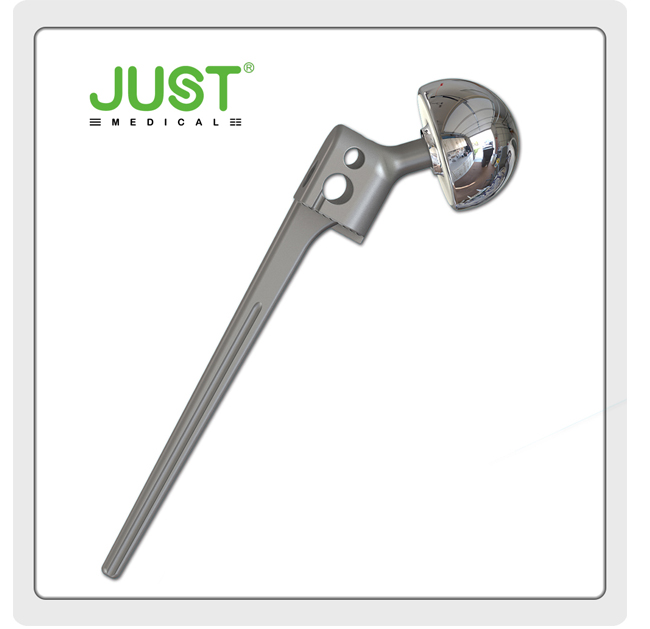Hip Replacement Recovery
 Mar. 20, 2021
Mar. 20, 2021
There are many moving parts when recovering from surgery, especially major ones, such as hip replacements. How should you prepare? What challenges should you expect? Do you need a caregiver?
All of this needs to be carefully planned by your care team, you and your family. Johns Hopkins orthopaedic surgeon Savya Thakkar, MD, an expert in minimally invasive and robotic-assisted total joint replacements, answers some common questions and shares tips on hip replacement recovery and rehabilitation.
Hip arthroplasty prosthesis is a procedure in which a doctor surgically removes a painful hip joint with arthritis and replaces it with an artificial joint often made from metal and plastic components. It usually is done when all other treatment options have failed to provide adequate pain relief. The procedure should relieve a painful hip joint, making walking easier.
When can I go home after a hip replacement?
Thakkar says, "Most patients can start walking and can go home the same day as the surgery." Most people do not need bed rest. In fact, moving the new joint will not make it stiff.
You may need to stay in the hospital overnight if you have a pre-existing condition (heart or lung disease that needs monitoring) or if there is no one available to cycle and help around the house after surgery. People who have had complicated surgery or lack of support at home may start their recovery in an inpatient rehabilitation unit.

Do I need to use a walker in the first place?
Your care team, including your surgeon, therapist and primary care physician, will assess the need for any assistive devices. To reduce falls, crutches or a walker may be required if you walk unbalanced on your own, but surgery is not usually necessary to keep weight on the hip.
When will my hip incision heal?
Thakkar explains, "Today, the incision used for hip replacement surgery is very small and is closed with absorbable sutures." The incision is covered with a dressing and takes about six weeks to heal. Showers are allowed during this time, but to reduce the risk of infection, bathing and swimming should be postponed until the wound is fully healed.
How soon after hip surgery should I start rehabilitation?
Thakkar says: "Patients will have physiotherapy prior to hip replacement surgery and then work with a physiotherapist to strengthen their exercises immediately after surgery before going home." Rehabilitation will continue for a few days after the surgery with visits to the physiotherapist and occupational therapist two to three times a week and home exercises.
Rehabilitation begins with getting used to regular exercise and practising daily activities such as getting up or sitting down in a chair, followed by more difficult tasks such as climbing stairs and getting in and out of a car.
Muscle strength plays an important role in being able to perform these and other tasks. This is why resistance training of the leg hip muscles and knee muscles is a major part of rehabilitation.













